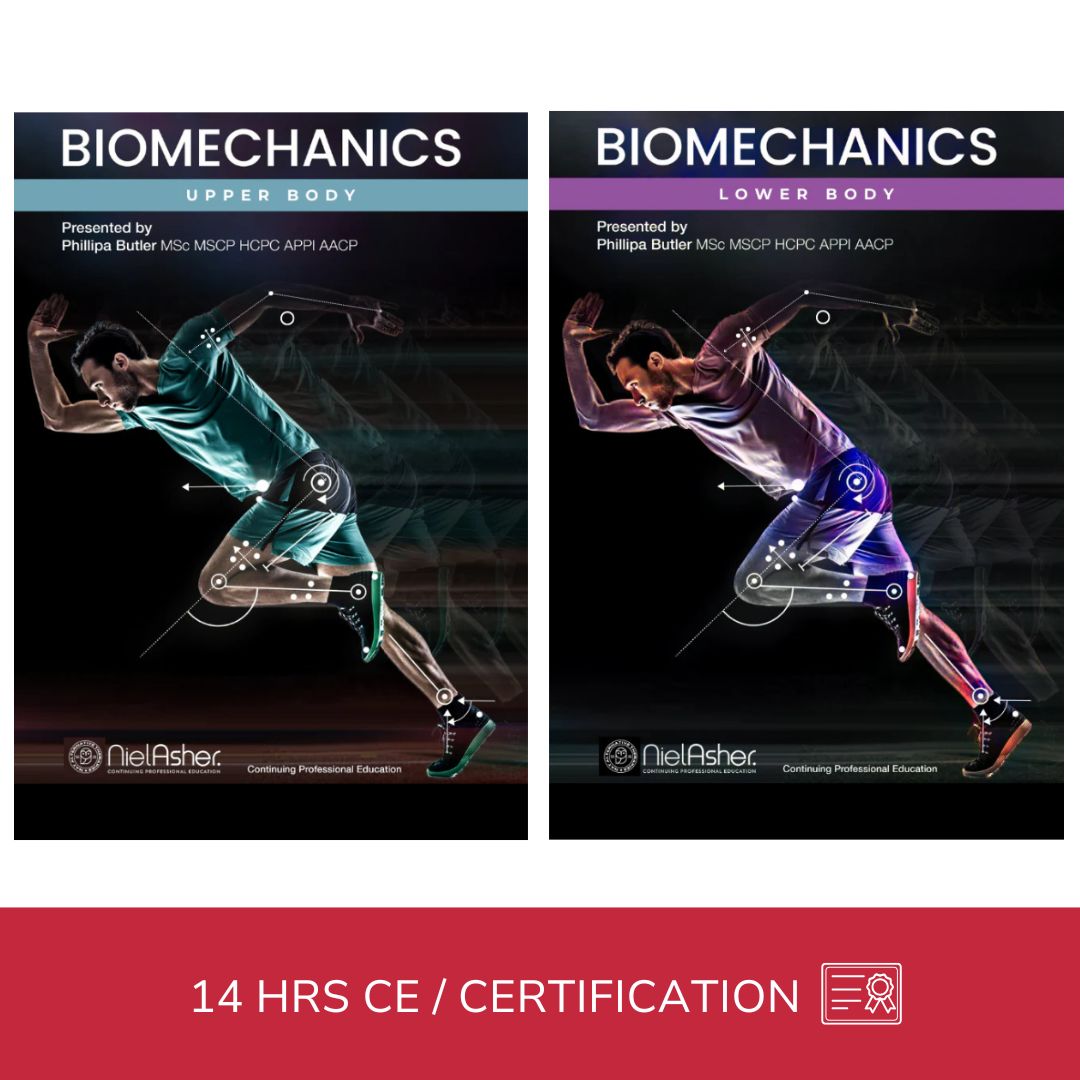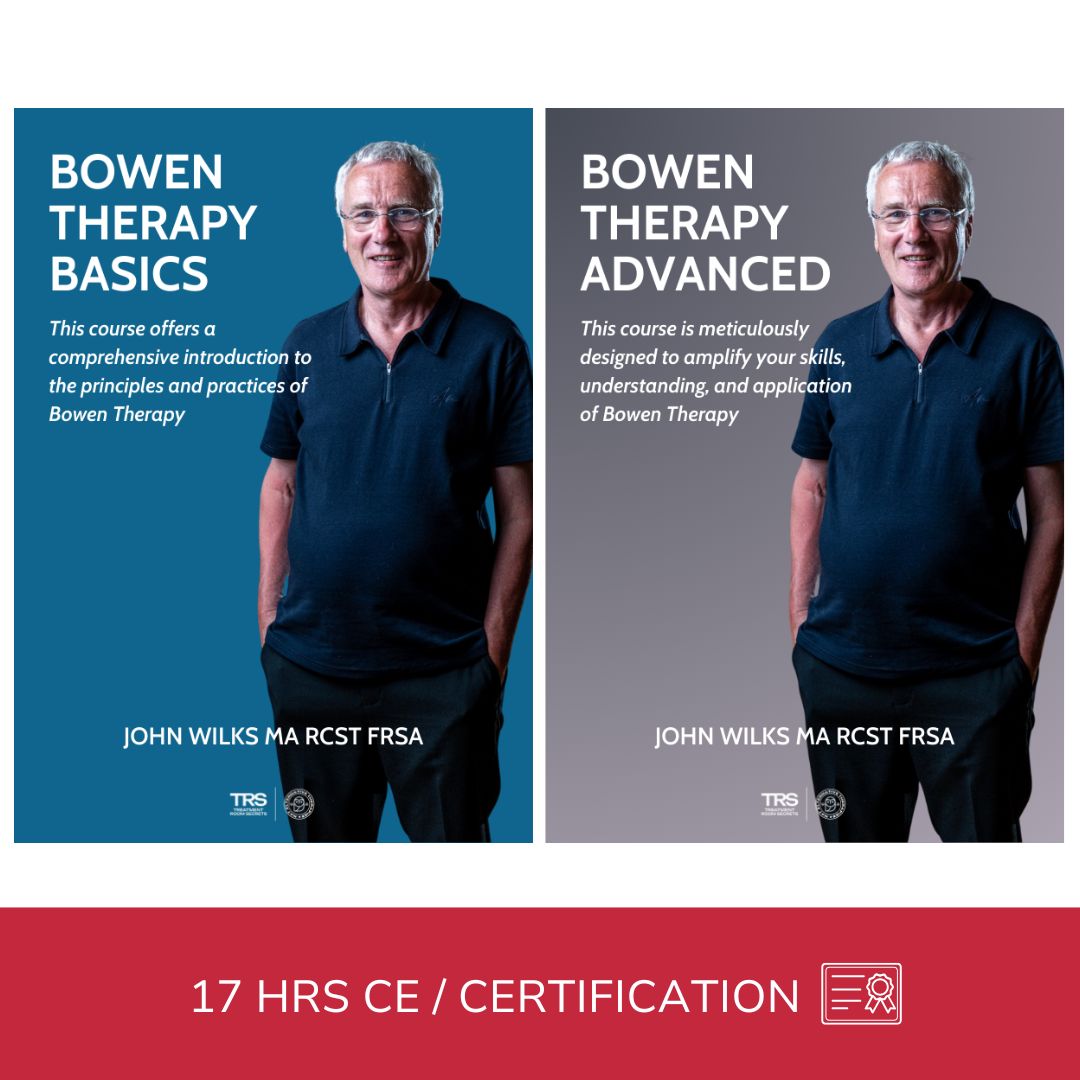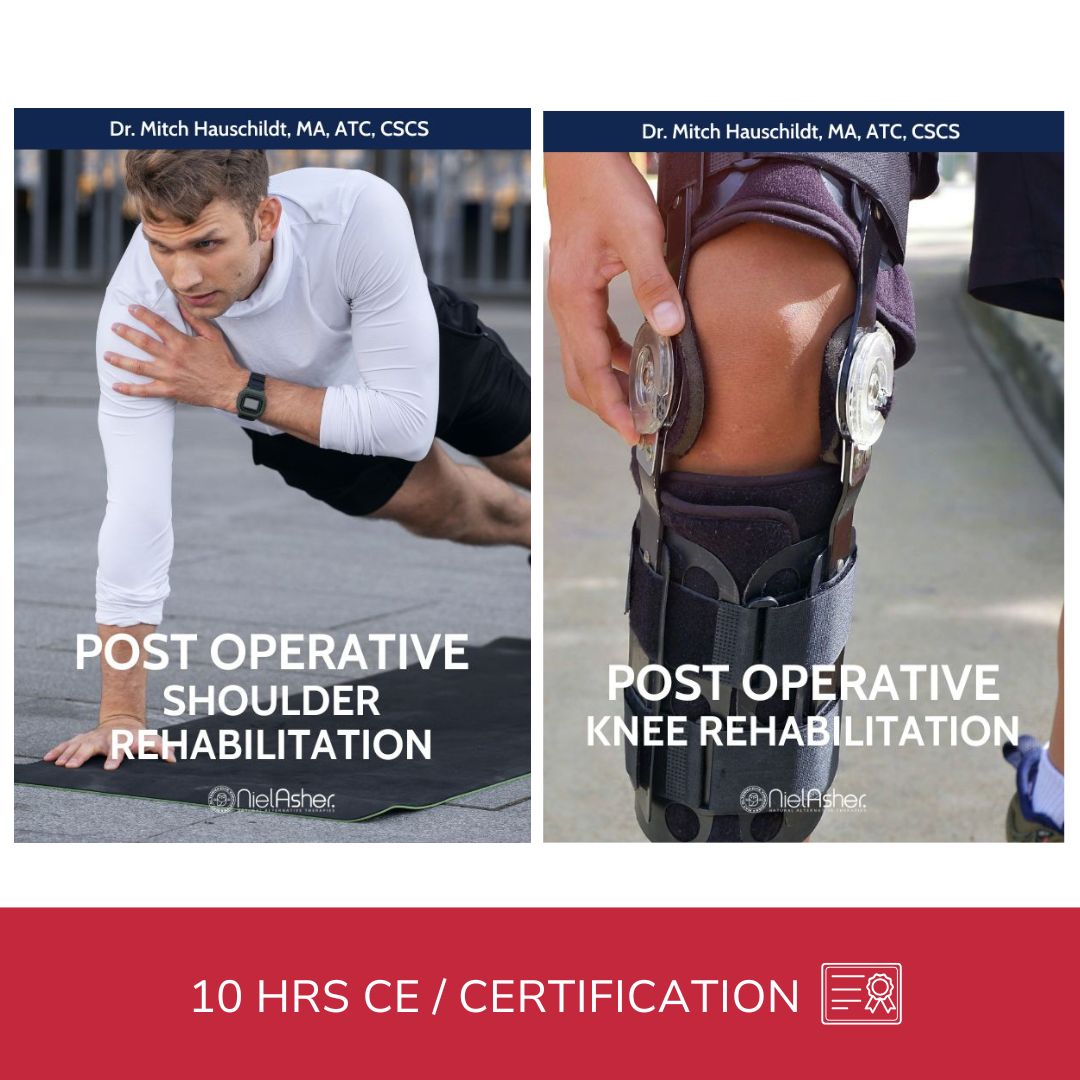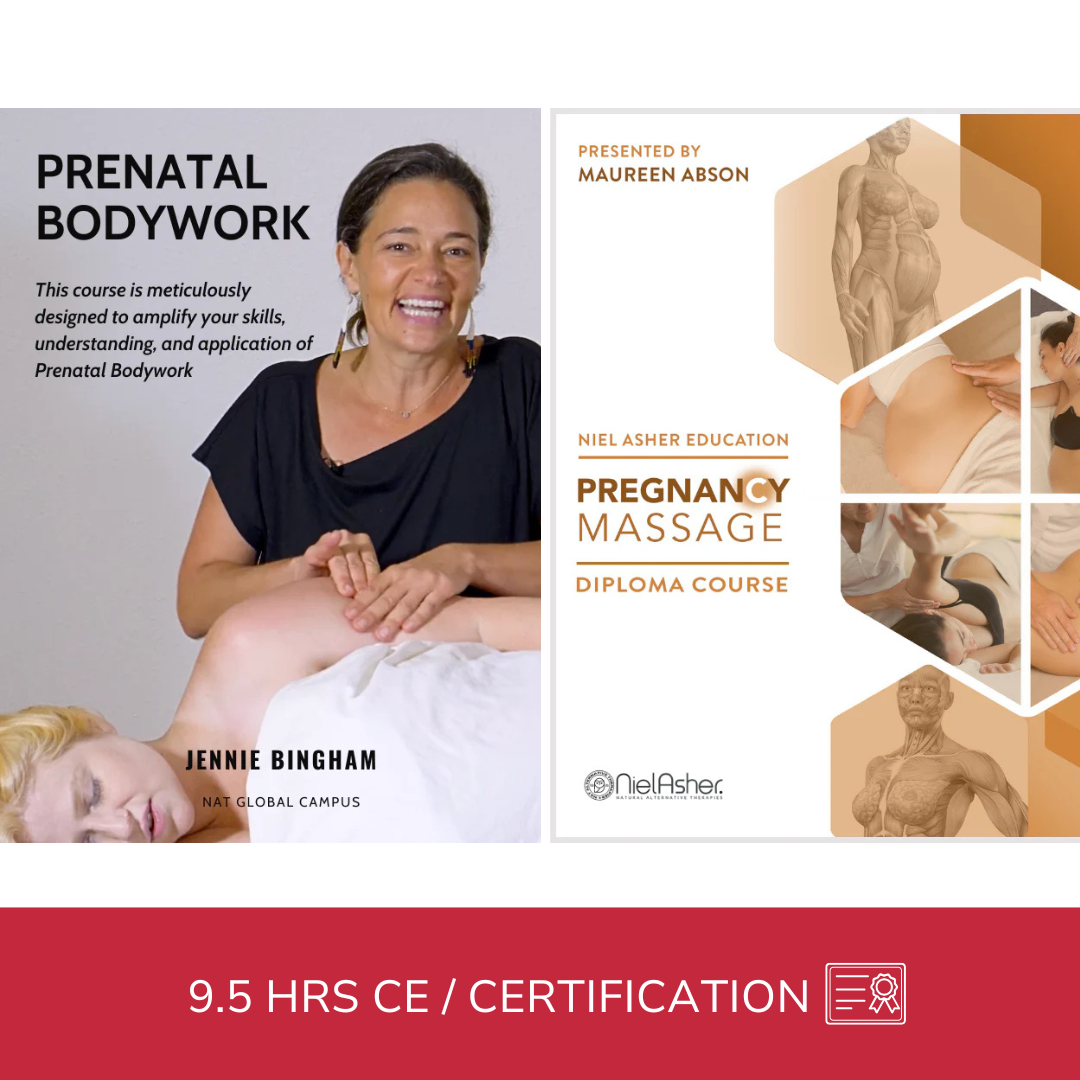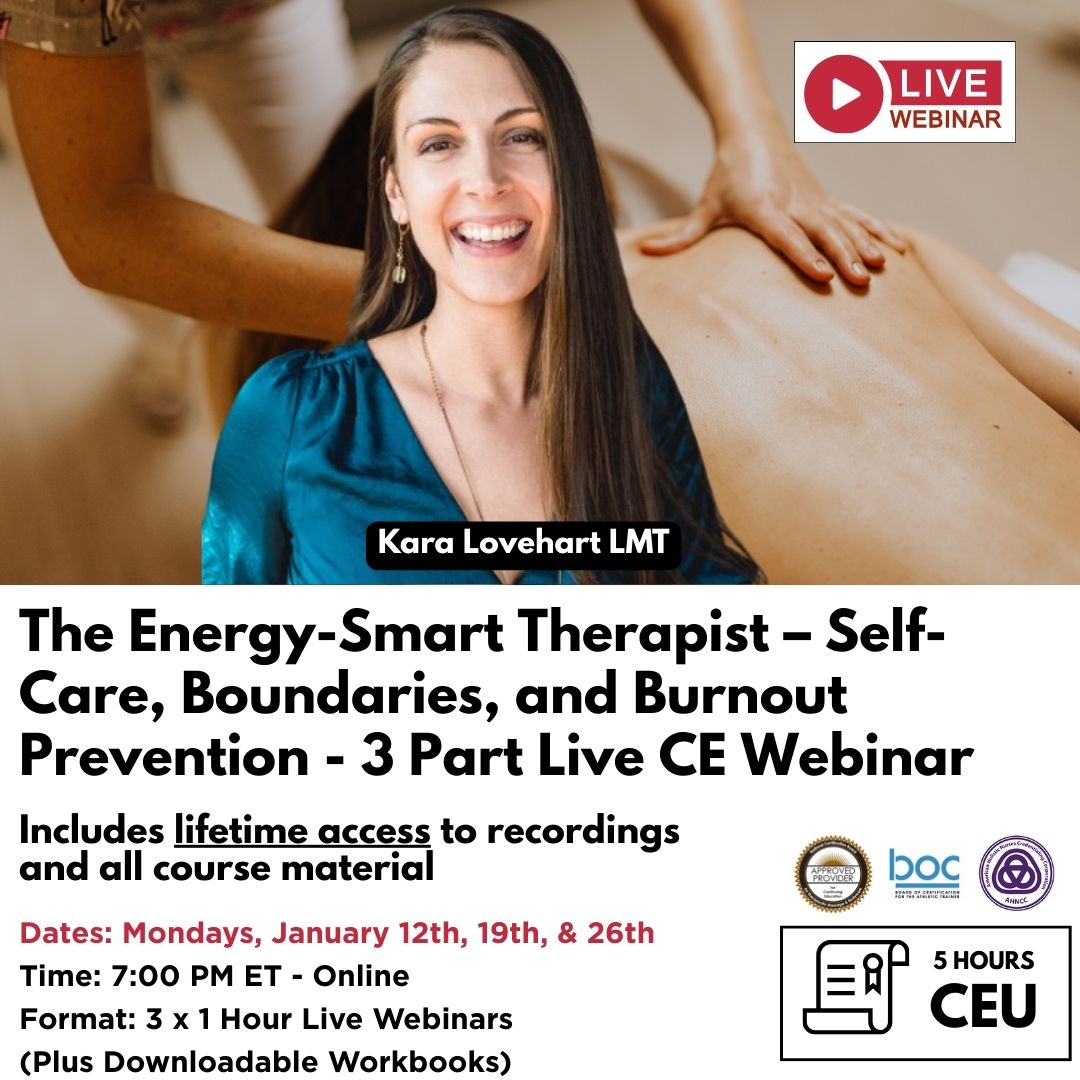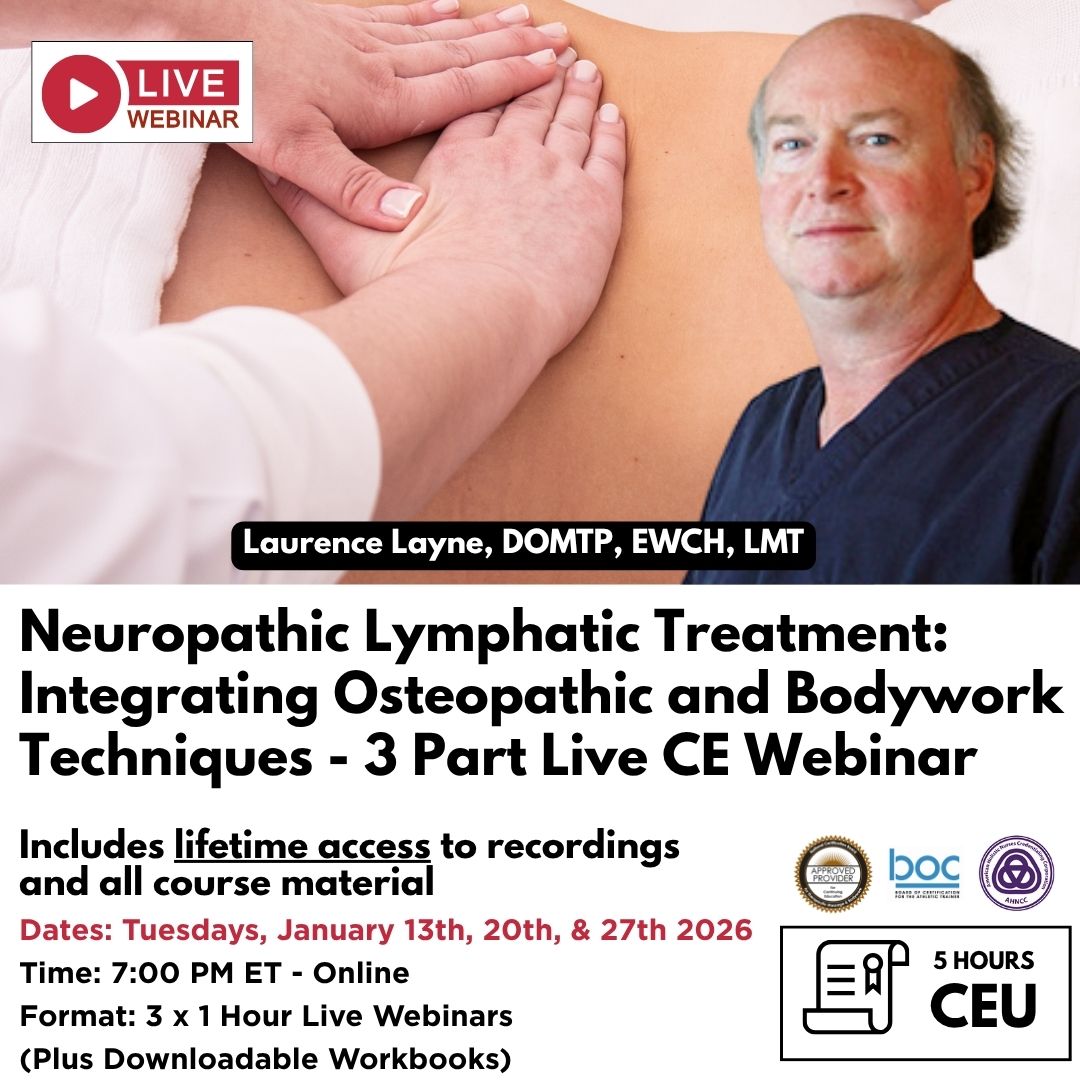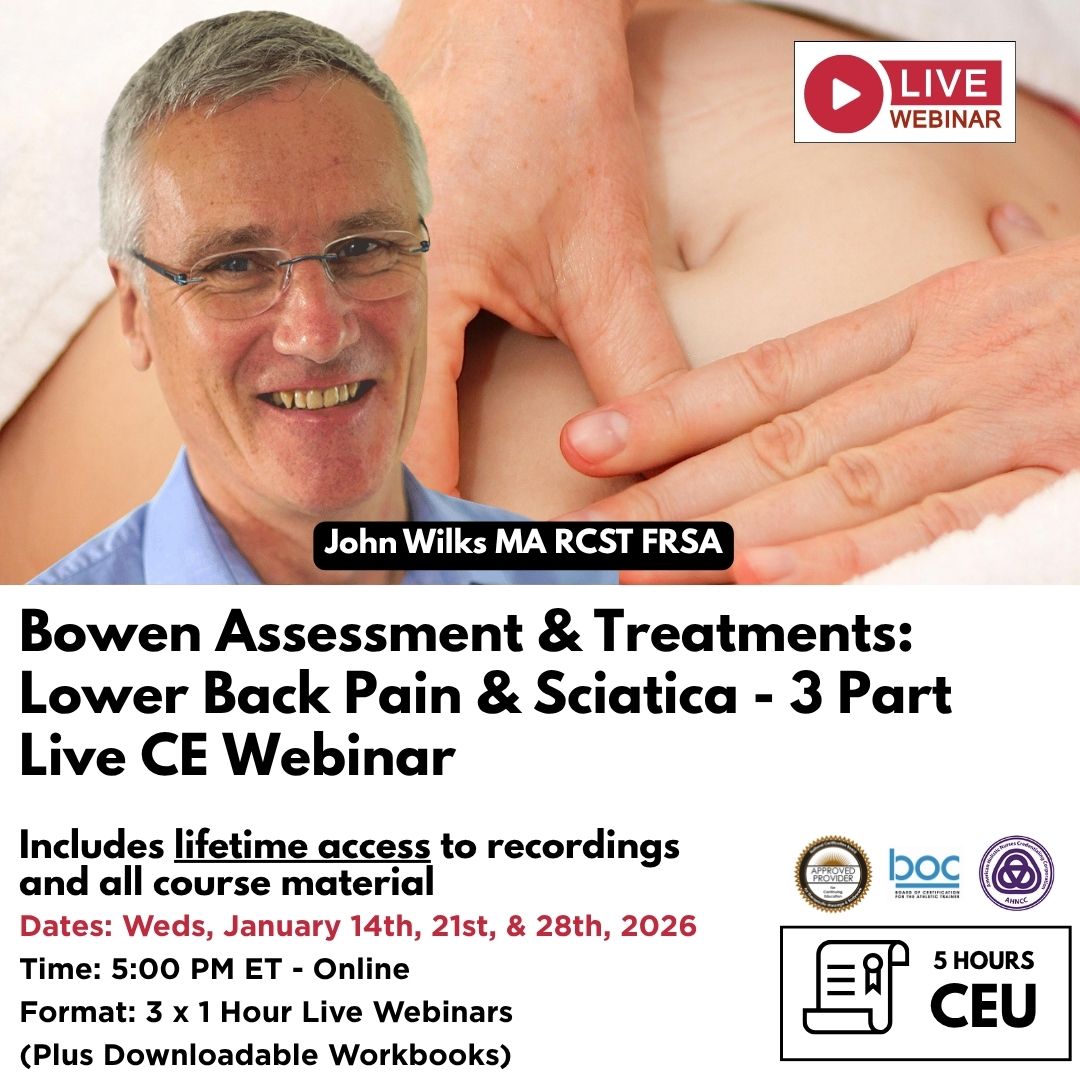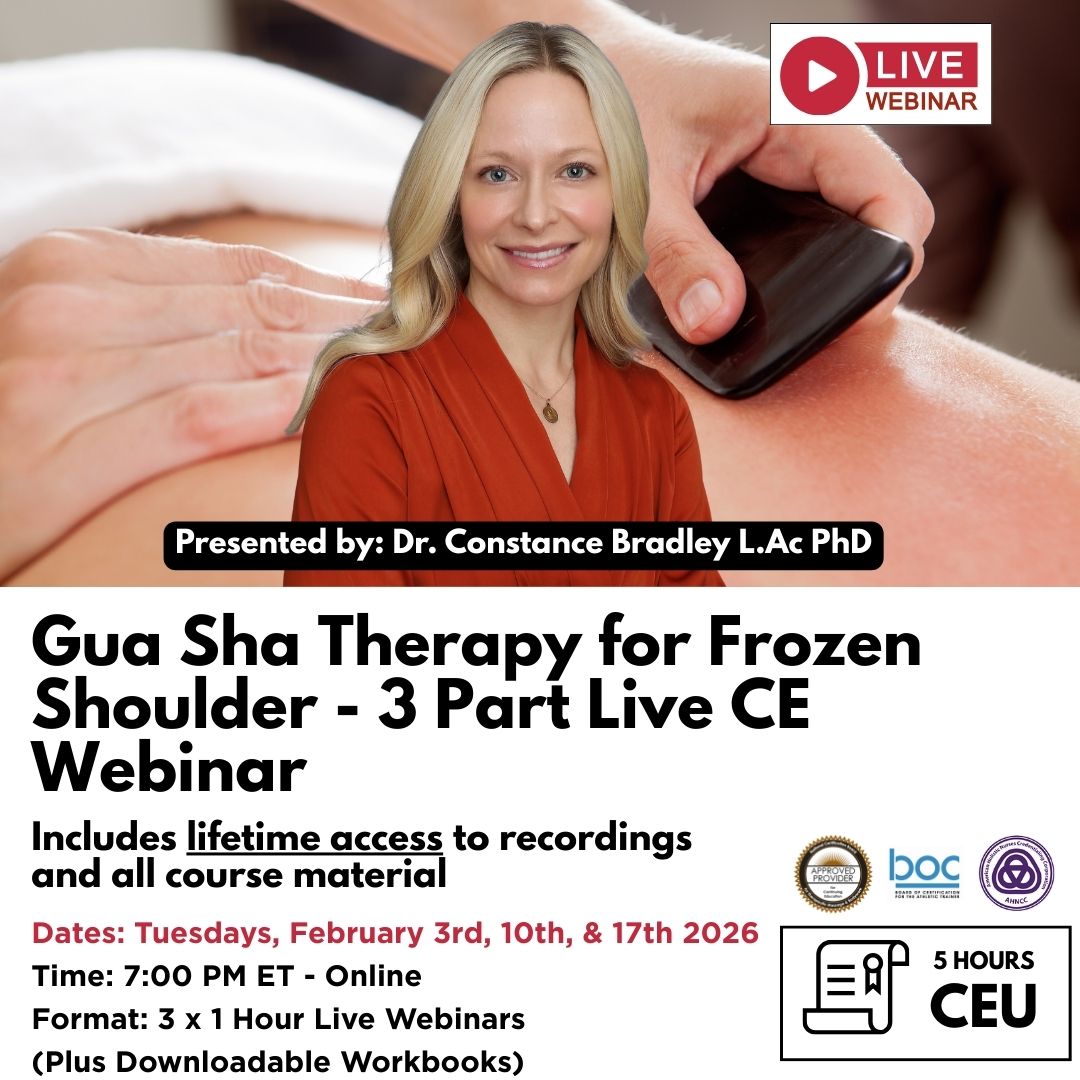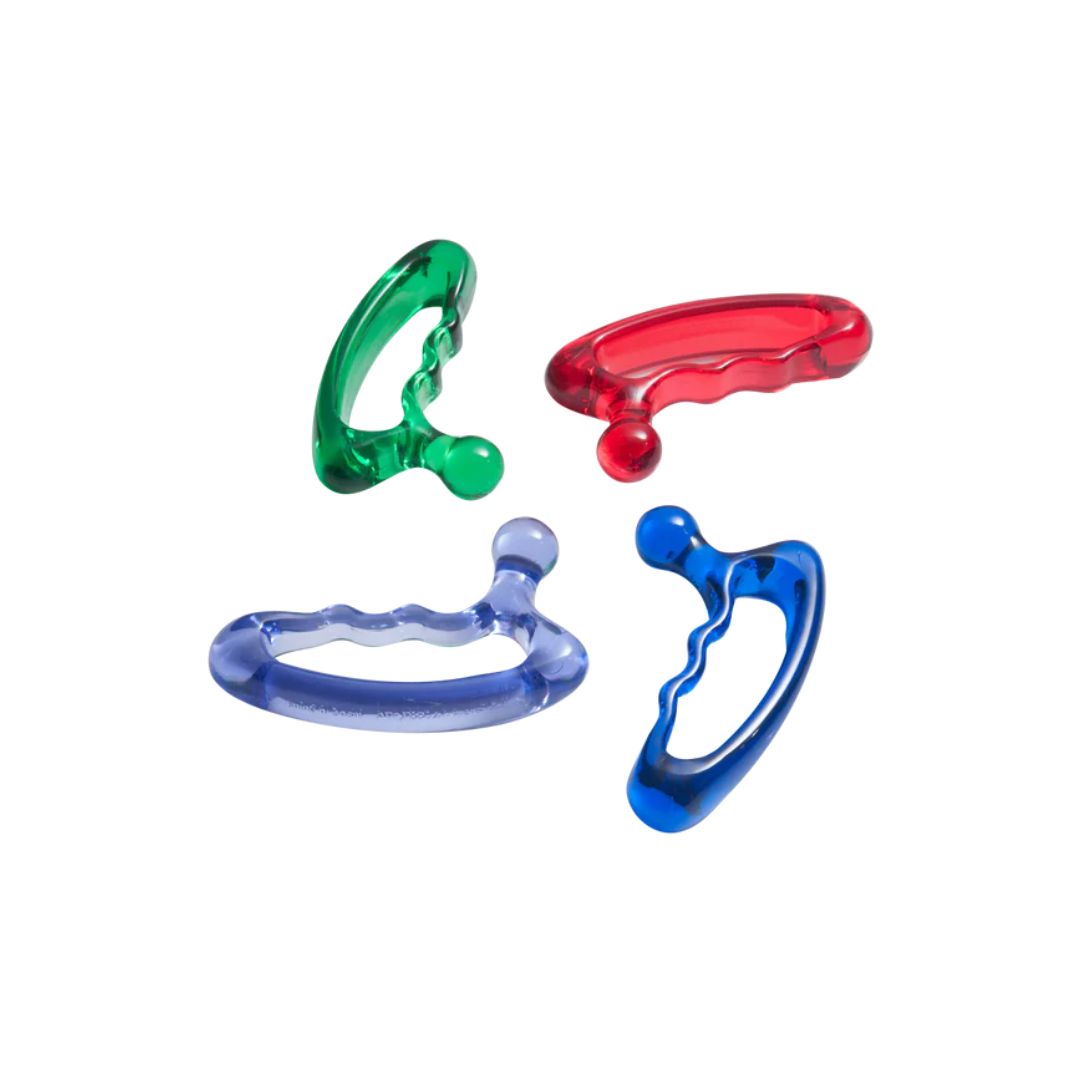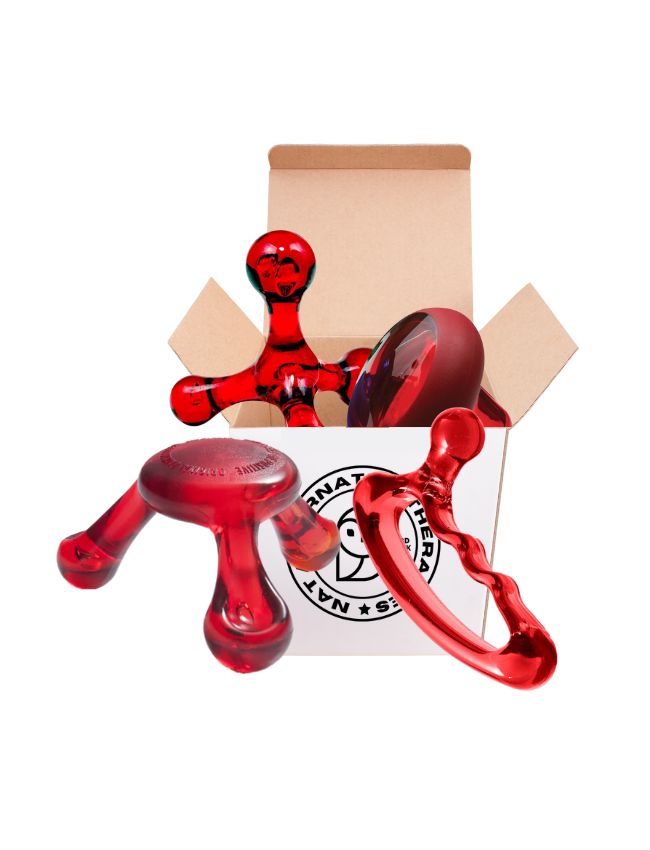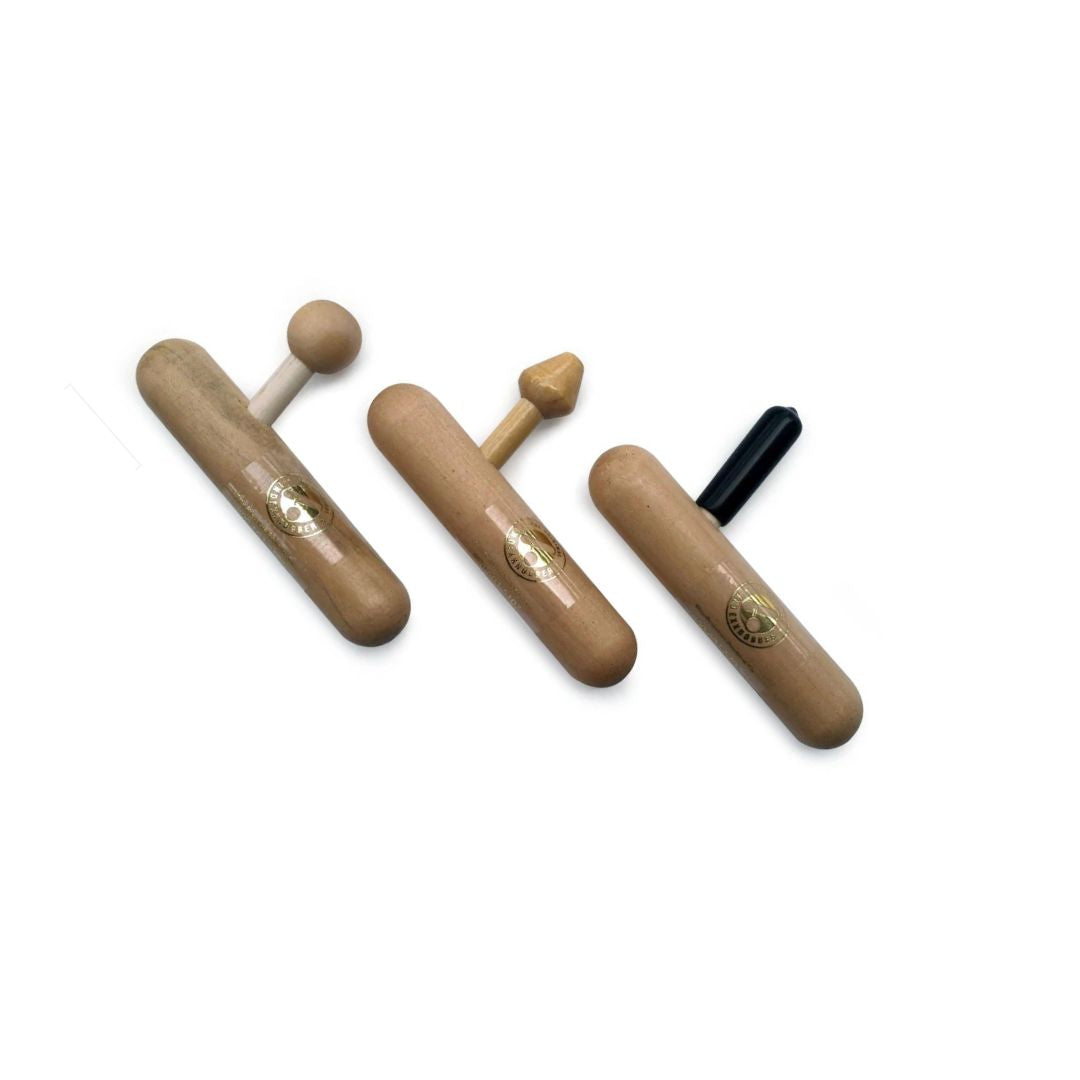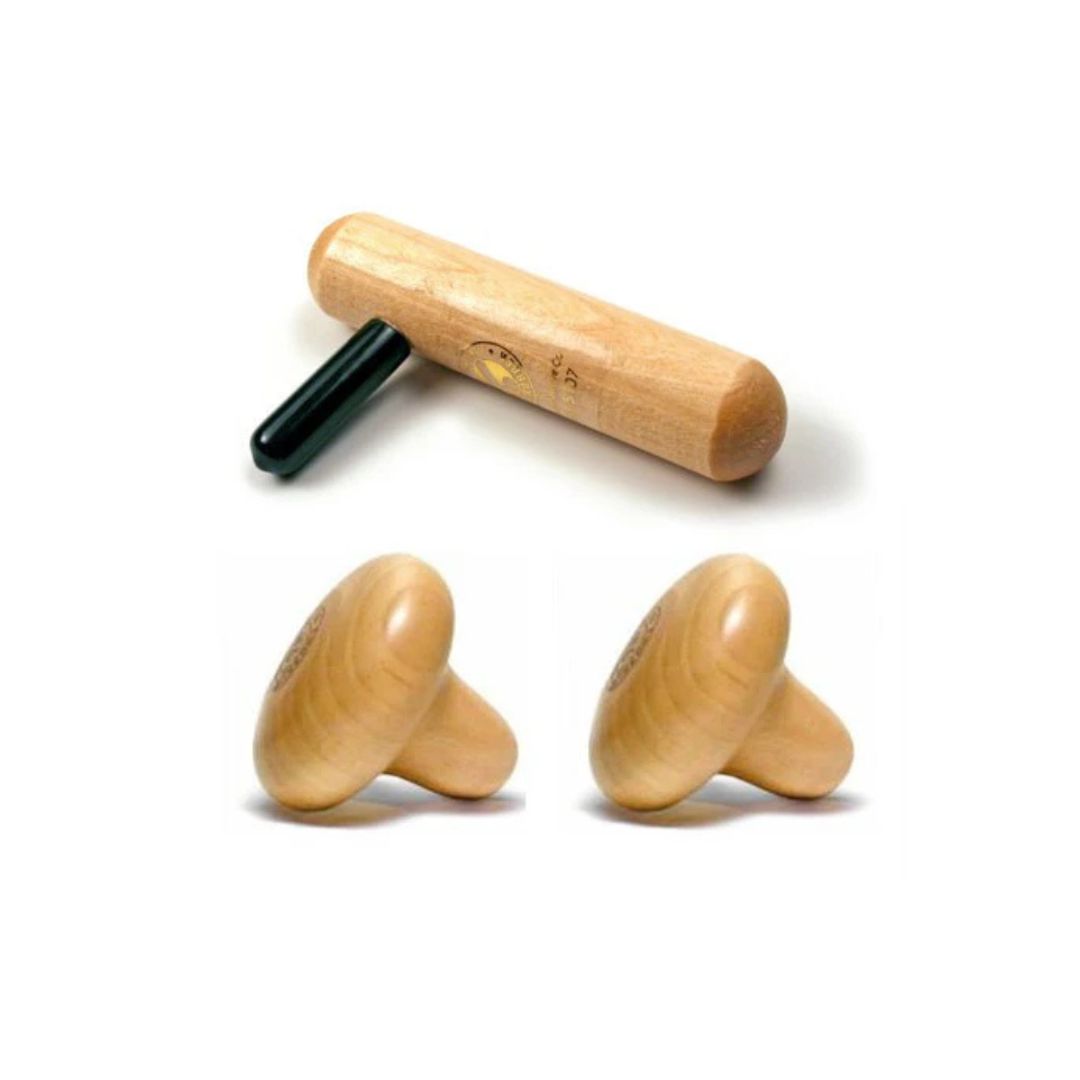Trigger Point Therapy - Treating Psoas
Treating trigger points in the psoas muscles - Dr. Jonathan Kuttner MD
Contrary to some common misconceptions, trigger points in the psoas muscles can be treated safely and effectively with manual therapy
Trigger points in these muscles are too frequently overlooked and are often the source of lower back complaints.
Whilst the muscles are buried deep, they are often not as difficult to treat for trigger points as many might assume.
Whilst special care must be taken when treating the iliopsoas group (iliacus and the psoas), they can generally be treated effectively by a trained therapist.
About the Psoas Muscles
The psoas major and iliacus are considered part of the posterior abdominal wall because of their position and cushioning role for the abdominal viscera.
However, based on their action of flexing the hip joint, it would also be relevant to place them with the hip muscles.
Note that some upper fibers of the psoas major may insert by a long tendon into the iliopubic eminence to form the psoas minor, which has little function and is absent in about 40% of people.
Bilateral contracture of this muscle will increase lumbar lordosis.

Psoas Major (left) and Iliacus (right) - Common trigger point sites
[Greek psoa, loin muscle; Latin major, larger; ilia, the flanks]
Origin
Psoas major: bases of transverse processes of all lumbar vertebrae, (L1–L5). Bodies of 12th thoracic and all lumbar vertebrae, (T12–L5). Intervertebral discs above each lumbar vertebra.
Iliacus: superior two-thirds of iliac fossa. Internal lip of iliac crest. Ala of sacrum and anterior ligaments of lumbosacral and sacroiliac joints.
Insertion
Psoas major: lesser trochanter of femur.
Iliacus: lateral side of tendon of psoas major, continuing into lesser trochanter of femur.
Action
Main flexor of hip joint ( exes and laterally rotates thigh, as in kicking a football). Acting from its insertion, exes trunk, as in sitting up from the supine position.
Antagonist: gluteus maximus.
Nerve
Psoas major: ventral rami of lumbar nerves, L1, 2, 3, 4 (psoas minor innervated from L1, 2).
Iliacus: femoral nerve, L1, 2, 3, 4.
Basic Functional Movement
Examples: going up a step; walking up an incline.

Psoas - Trigger Point Referred Pain Pattern (posterior)

Trigger Point Referred Pain Pattern (anterior)
Referred Pain
(a) Strong vertical ipsilateral paraspinal pain along lumbar spine, diffusely radiating laterally 3–7 cm; (b) Strong zone of pain 5–8 cm top of anterior thigh, within diffuse zone from anterior superior iliac spine (ASIS) to upper half of thigh.
Indications
Low back pain, groin pain, increased (hyper) lordosis of lumbar spine, anterior thigh pain, pain prominent in lying to sitting up, scoliosis, asymmetry (pelvic).
Causes
Pregnancy (abortion), emotional overload, large lordosis, disc problems in lower back, or facet or spinal joint issues (such as degeneration, sacroiliac joint issues, and spondylolisthesis or spondylolysis in lumbar spine), running, repetitive strain, gardening, putting on shoes/socks while standing, housework, occupational positions, soft mattress, trauma, weak abdominals, abdominal surgery, sexual activity, short leg on one side (PSLE).
Differential Diagnosis
Osteoarthritis of hip. Appendicitis. Femoral neuropathy. Meralgia paresthetica. L4–5 disc. Bursitis. Quadriceps injury. Mechanical back dysfunction. Hernia (inguinal/ femoral). Gastrointestinal. Rheumatoid arthritis. Space- occupying lesions.
Connections
Quadratus lumborum, multi dus, erector spinae, quadriceps, hip rotators, pectineus, TFL, adductors (longus/brevis), femoropatellar joint, diaphragm, rectus abdominis, obliques, pyramidalis.
General
Avoid prolonged sitting. Avoid sleeping in fetal position. Self treat low back. Avoid overuse in sit-ups. Strengthen transversus abdominis. Stretching exercises.
Treatment Techniques
| Spray and Stretch | No |
| Dry Needling | Yes |
| Wet Needling | Yes |
| Deep Stroking Massage | Yes |
| Compression | Yes |
| Muscle Energy Techniques | Yes |
| Positional Release | Yes |
Links
Find a Trigger Point Professional in your area
Dry Needling for Trigger Points
Certify as a Trigger Point Therapist
About NAT Courses
As a manual therapist or exercise professional, there is only one way to expand your business - education!
Learning more skills increases the services that you offer and provides more opportunity for specialization.
Every NAT course is designed to build on what you already know, to empower you to treat more clients and grow your practice, with a minimal investment in time and money.
Help Desk
About Niel Asher Education
Niel Asher Education is a leading provider of distance learning and continued education courses.
Established in the United Kingdom in 1999, we provide course and distance learning material for therapists and other healthcare professionals in over 40 countries.
Our courses are accredited by over 90 professional associations and national accreditation institutions including the National Academy of Sports Medicine (NASM) and National Certification Board for Therapeutic Massage and Bodywork (NCBTMB). Full details of all international course accreditations can be found on our website.
Printed course materials and other products offered on our websites are despatched worldwide from our 3 locations in the UK (London), USA (Pennsylvania) and Australia (Melbourne).
More About Us
NAMTPT AWARD
We are honored to have received the "Excellence in Education" Award from the National Association of Myofascial Trigger Point Therapists.
Since 1999 Niel Asher Education has won numerous awards for education and in particular for education and services provided in the field of trigger point therapy.
Read Full Article
Award Winning Instructors
Niel Asher Healthcare course instructors have won a host of prestigious awards including 2 lifetime achievement honorees - Stuart Hinds, Lifetime Achievement Honoree, AAMT, 2015, and Dr. Jonathan Kuttner, MD, Lifetime Achievement Honoree, NAMTPT, 2014.
Meet the Instructors
Accreditation

If you are a qualified/licensed manual therapist or exercise/fitness professional you can expand your credentials with NAT certification.
In addition to national accreditation for continued education, each course that we offer includes "NAT Learning Credits". By taking and completing courses you can accumulate NAT credits to qualify for NAT certification.
There are currently 3 levels of NAT certification. Certifying NAT is a valuable way to show your clients that you take continued education seriously, and to promote your skills and qualifications.
Most of our courses are accredited for CE/CPD/CPE. A full list of CE accreditations can be found by clicking on the link below.
About NAT Certification
Niel Asher Technique
Since 1999 the Niel Asher Technique for treating trigger points has been adopted by over 100,000 therapists worldwide, and has been applied to the treatment of a number of common musculoskeletal injuries.
The Niel Asher Technique for treating frozen shoulder was first introduced and published in 1997 and has been widely adopted by therapists and exercise professionals working within elite sports and athletics.
Read More
International Students
Most of our courses are available as either "Printed" or 'Download" editions, wherever you live. Internet connection is required to access online and downloadable material.
When you purchase a download edition, you receive immediate lifetime access to all course material. Course texts can be downloaded and printed if required.
When you purchase a "Printed" edition, you will also receive free access to the download edition.
We ship Worldwide from locations in the USA, UK, and Australia. Most items are despatched within 24 hours and shipping is FREE for all orders over US$50.
Shipping
Where to Start?
We offer a range of over 50 courses, presented by some of the worlds leading manual therapists. All courses are reviewed annually, and new courses are regularly added.
Our courses are modular, and designed to build on what you already know. For more information, please visit our "Where to Start?" page.
Start Here
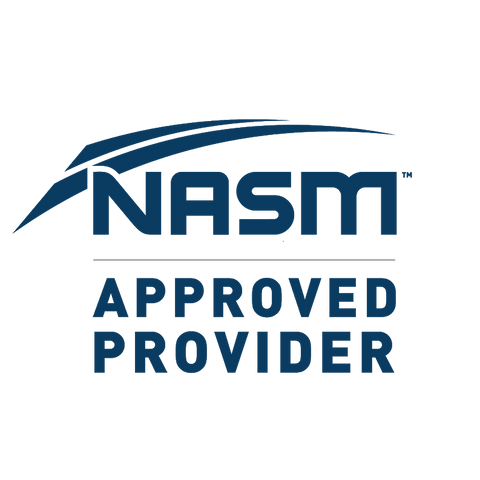
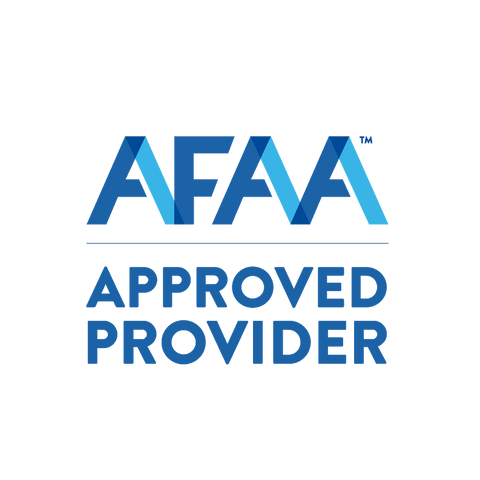
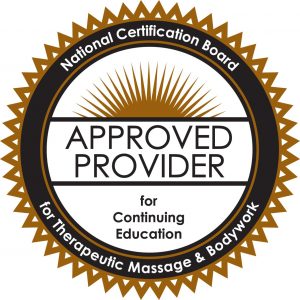
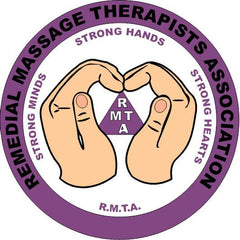
This trigger point therapy blog is intended to be used for information purposes only and is not intended to be used for medical diagnosis or treatment or to substitute for a medical diagnosis and/or treatment rendered or prescribed by a physician or competent healthcare professional. This information is designed as educational material, but should not be taken as a recommendation for treatment of any particular person or patient. Always consult your physician if you think you need treatment or if you feel unwell.
About Niel Asher Education
Niel Asher Education (NAT Global Campus) is a globally recognised provider of high-quality professional learning for hands-on health and movement practitioners. Through an extensive catalogue of expert-led online courses, NAT delivers continuing education for massage therapists, supporting both newly qualified and highly experienced professionals with practical, clinically relevant training designed for real-world practice.
Beyond massage therapy, Niel Asher Education offers comprehensive continuing education for physical therapists, continuing education for athletic trainers, continuing education for chiropractors, and continuing education for rehabilitation professionals working across a wide range of clinical, sports, and wellness environments. Courses span manual therapy, movement, rehabilitation, pain management, integrative therapies, and practitioner self-care, with content presented by respected educators and clinicians from around the world.
Known for its high production values and practitioner-focused approach, Niel Asher Education emphasises clarity, practical application, and professional integrity. Its online learning model allows practitioners to study at their own pace while earning recognised certificates and maintaining ongoing professional development requirements, making continuing education accessible regardless of location or schedule.
Through partnerships with leading educational platforms and organisations worldwide, Niel Asher Education continues to expand access to trusted, high-quality continuing education for massage therapists, continuing education for physical therapists, continuing education for athletic trainers, continuing education for chiropractors, and continuing education for rehabilitation professionals, supporting lifelong learning and professional excellence across the global therapy community.
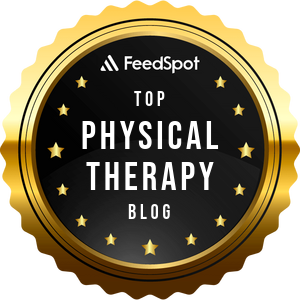
Continuing Professional Education
Looking for Massage Therapy CEUs, PT and ATC continuing education, chiropractic CE, or advanced manual therapy training? Explore our evidence-based online courses designed for hands-on professionals.



